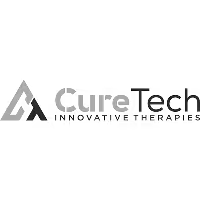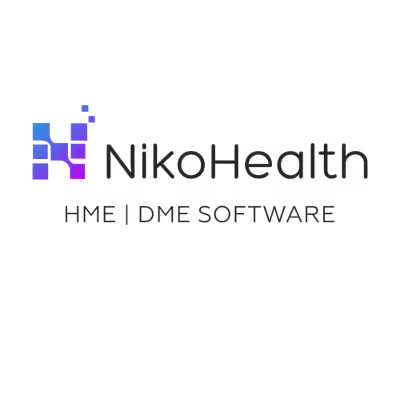AI AUTOMATION FOR DME & HME
Revenue Cycle AI Automation Built by Billing Experts



















Automate your revenue cycle from referral to payment
Drowning in manual work? Burned by offshore BPOs? Tried AI that didn't fit?
Eliminate manual data entry from faxed orders and handwritten referrals.
Stop denials before submission by validating against payer-specific rules.
Custom solutions for complex workflows, built for your business.
Why DME leaders trust Notable Systems
Our leadership team brings 150+ years combined experience from Tactile Medical, Enovis, and Numotion.
Notable Systems natively integrates with Brightree,NikoHealth, and custom billing platforms.
We've processed millions of orders annually since 2017. Built for DME from day one.
Built for enterprise DME & HME
AITP is for operations too complex for off-the-shelf software.
Documents flow Into Notable Systems
Faxed orders arrive from referral sources. Payer correspondence hits your inbox. Everything routes to Notable Systems automatically via SFTP, API, or direct system integration.


AI processes every document
Intake Manager straightens degraded images, classifies pages by type, separates multi-patient faxes, and extracts 100+ fields from handwritten forms, then populates your billing system with structured patient data.
Claims get validated before submission
Claims Manager evaluates every order against payer-specific coverage criteria. Pass means submit. Warning means review. Not Qualified means fix first. You see exactly what's missing while there's time to act.


Your team handles Exceptions only
Clean orders move to submission automatically. Orders with documentation gaps surface with specific guidance. Staff focus on problems that need human judgment, not routine data entry.
Results from enterprise DME leaders
"Notable Systems makes me feel like a valued customer. Unlike larger tech companies where you're just a number, they are truly customer-centric in everything they do."
Andy Moreno
President, Revenue Management
"Beyond the solution itself, the team is amazing. They are incredibly knowledgeable and always go the extra mile to ensure everything is working and resolved quickly."
Stephanie LaBelle
Senior Business Relations Manager
"The team goes above and beyond to understand our challenges and support our journey. No one in the industry is as responsive and supportive as Notable Systems."
Lindsey Moon
System Support Director
Proven at enterprise scale
SOC 2 Type II certified. HIPAA compliant. Battle-tested security across millions of orders since 2017.
Extract 100+ fields from degraded documents — whether typed or handwritten.
Customers who track impact report 4x returns from labor savings and faster processing.
How to get started
Implementation Specialists assess your current process, identify bottlenecks, and design your custom configuration.
We handle the technical setup, system integration, and training — you stay in your familiar tools throughout.
Join DME leaders like Apria and Enovis who've scaled RCM operations without adding headcount.
Frequent asked questions
What is Notable Systems?
Notable Systems is the trusted AI automation partner for DME and HME leaders looking to eliminate their biggest revenue cycle headaches. Our technology reads faxes and complex paperwork, verifies claim accuracy before submission, and helps prevent surprise denials.
We support enterprise-scale operations with fully customized solutions, while also serving smaller providers through partnerships with NikoHealth, Brightree, and Valere Health. The result is less paperwork, fewer denials, happier staff, and stronger cash flow.
How much does Notable Systems cost?
Our pricing is customized based on your monthly document volume, product categories, and specific requirements. We offer transparent, usage-based pricing with no hidden fees or per-seat charges.
Contact us for a personalized quote.
Can you handle multiple product categories?
Yes, we support all major DME product categories including CPAP/oxygen, wheelchairs, orthotics, prosthetics, diabetic supplies, wound care, and more. If we don't currently support your specific category, we can build it out as part of our partnership.
Do you update payer rules automatically?
Yes, our team of DME industry experts continuously monitors LCD updates, payor policy changes, and regulatory updates. We update your rules automatically so you don't have to worry about staying current.
Are you HIPAA compliant?
Yes, we are fully HIPAA compliant and SOC 2 Type II certified. We maintain the highest standards for data security and privacy protection.





